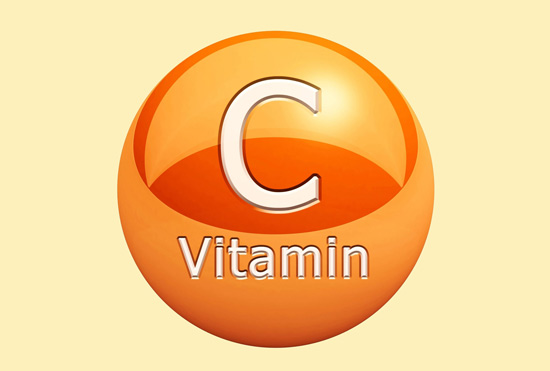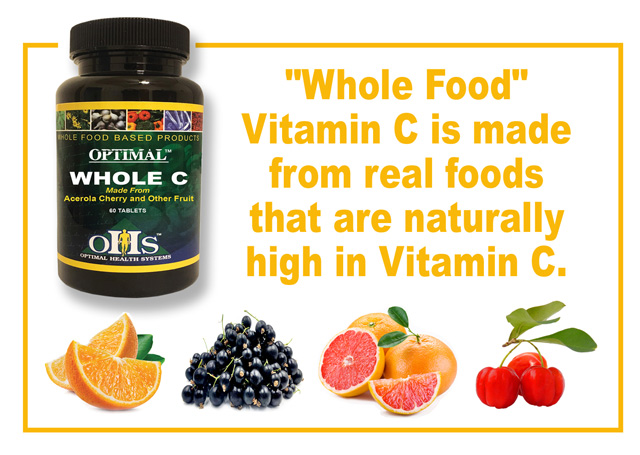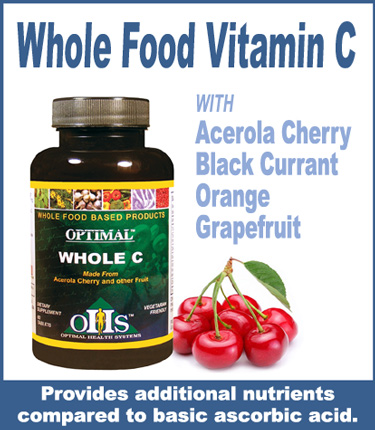Vitamin C was first identified in 1912, but wasn’t chemically produced—or synthesized—until 1933.
And since that time there has been a debate over whether the synthesized version could be as effective as “whole food” Vitamin C received from real food.
This debate extends into the world of supplement manufacturing, where whole food vitamin manufacturers consistently present evidence that products made from real foods are far superior.
Vitamin C is not just for the immune system
Now researchers from New Zealand have presented evidence that whole food Vitamin C is more effective in the area of energy and mental well-being.
The study was published in the journal Nutrients in September 2020.
In the study, researchers examining the energy and vitality benefits of Vitamin C at the University of Otago discovered that eating two kiwifruit provided a “broader range of benefits” compared to acquiring the same amount of synthetic Vitamin C (ascorbate) from supplements.
If consumers knew what most synthetic Vitamin C was made from—corn syrup and hydrochloric acid—they would not be surprised in the slightest by the new findings.
But consumers don’t know this. They just presume that ascorbic acid or ascorbate is the same as Vitamin C because that’s what supplement regulations permit. And low cost manufacturers aren’t likely to label their products as “synthetic Vitamin C.”
Study details
To test whether increasing Vitamin C through whole fruit or from synthetic tablets can improve feelings of vitality, researchers recruited 167 participants between the ages of 18 and 35 who had low baseline levels of Vitamin C.
The participants were randomly divided into three groups: a kiwi fruit group; an ascorbate tablet group; and a placebo tablet group.

Each day for four weeks participants were asked to eat two kiwi fruit—which are known to be high in Vitamin C—or to consume a tablet containing 250 mg of ascorbate.
Lead author, Associate Professor Tamlin Conner from the university’s psychology department, said results showed Vitamin C levels in both the kiwifruit group and the ascorbate tablet group did increase to normal within two weeks.
That’s the good news for ascorbate—it does improve the measured Vitamin C level in the body.
Additional benefits from whole food
But Conner said a key finding was that the group eating kiwifruit also reported improved feelings of vitality.
“Whole fruit had a broader range of benefits; lessening fatigue and improving mood and well-being across a wider number of people than we saw in the supplement group.
“The Vitamin C tablet did decrease fatigue and improve well-being to some extent for individuals with consistently low Vitamin C levels leading up to the intervention. Interestingly, the benefits from consuming kiwifruit emerged in just two weeks.”
The researchers noted that the extra improvements documented with whole foods was due to the additional co-factor nutrients present in whole food Vitamin C.
Whole food Vitamin C manufacturers have long noted that a product made entirely from foods contains all four parts of a Vitamin C complex: ascorbic acid, J & K factor, rutin and bioflavonoids.
To learn more about the distinct differences between whole food and synthetic Vitamin C, visit the Optimal Health Systems information page here.
Optimal Health Systems is a whole food products industry leader and has been educating consumers on the superiority of whole food nutrients for over two decades.
Optimal Whole C, a top-selling Vitamin C product from Optimal Health Systems, is made entirely from fruit and fruit juices. Click the banner ad on this page to learn more.
– – –
Sources: Nutrients (MDPI.com), University of Otago, MirageNews.com.


